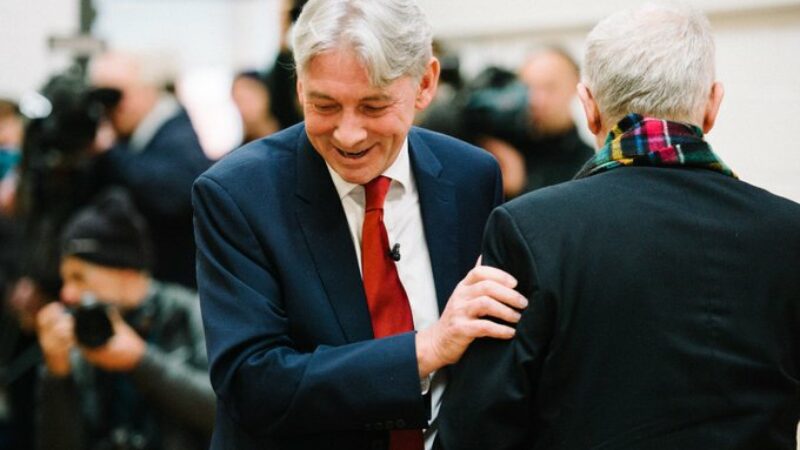
Richard Leonard has resigned as Scottish Labour leader. The decision announced yesterday was abrupt, but not exactly surprising. He was associated with the Corbyn era, which has clearly come to an end, as signalled by the election of Jackie Baillie to the deputy post alongside Keir Starmer’s UK victory last year. Both the general secretary and deputy general secretary also resigned in recent weeks, despite Holyrood elections coming up this year (in May if they are not delayed). Crucially, the balance of factional power on the Scottish executive committee has changed since Leonard survived the bid by critics to table a motion of no confidence in September. He was “jumping before he was pushed”, sources said.
There is a lot of spin around the resignation. The Times reported that a call with donors on Wednesday evening saw high-net-worth individuals warn they would not back the party financially with Leonard in charge, and UK deputy leader Angela Rayner and general secretary David Evans were on the call. This prompted speculation that the resignation was a direct consequence of the donor warnings. I’m told this is not the case, and that instead the SEC balance was the critical factor, with GMB and a new Co-operative rep saying they would oppose Leonard in a vote of no confidence.
The outgoing leader told Times Radio yesterday: “I do not believe that simply changing the leader of the Scottish Labour Party is some kind of panacea. But I do think that speculation about my own position has become such a distraction.” He noted, “I wasn’t able to reach out and unite the party in the way that I hoped”, and said this was in part because he was leading a third party in Scotland. This is all true, and it is widely accepted in the party that Scottish Labour has been suffering for some years. Many also now agree that Leonard’s resignation was a necessary move yet not a sufficient one.
What happens next? A Labour source who was on the controversial donor call said Rayner was “viciously attacked” when “she made clear it’s up to Scottish Labour to elect their leader”. They added: “Ian Murray refused to defend the leadership and Jackie Baillie actually undermined her by calling for the May elections to be delayed. It was clearly an orchestrated attack, and the implication was that they thought Angela was a block on replacing Richard Leonard with their preferred leader.” The preferred leader being referenced here is Anas Sarwar, who lost the leadership contest against Leonard in 2017.
Sarwar recently re-entered the shadow cabinet and is the main person being touted as a potential successor, while Monica Lennon is floated as a rival candidate to his left. There is no ‘Corbynite left’ runner being discussed, with key names in that camp such as Neil Findlay set to stand down as MSPs. If the contest were held after the elections, this could change, but it is thought that the race will take place sooner rather than later, i.e. interim leader Jackie Baillie will not lead the party into the Scottish parliamentary elections.
The procedures committee that will oversee the election of a new leader has been formed and will hold its first meeting today. The SEC will “meet in the coming days to agree a timetable for electing Richard’s successor”, chair Cara Hilton confirmed. There will be three MSP candidates automatically topping their Labour lists at the election: Leonard (who has apparently negotiated this as part of his exit), Baillie and the new leader (although this might have to change slightly if Lennon ran and won, as both she and Leonard are standing for Central Scotland). But, with the SNP reluctant to delay the May elections and Scottish Labour busy selecting candidates and electing Leonard’s successor, how big of a parliamentary group in Holyrood will they lead?
Sign up to LabourList’s morning email for everything Labour, every weekday morning.



More from LabourList
Sadiq Khan signals he will stand for a fourth term as London Mayor
Starmer or Sarwar: Scottish Labour MSPs and MPs split over Keir Starmer’s future
‘Every Lidl helps: What can the Government do to bring down food prices?’